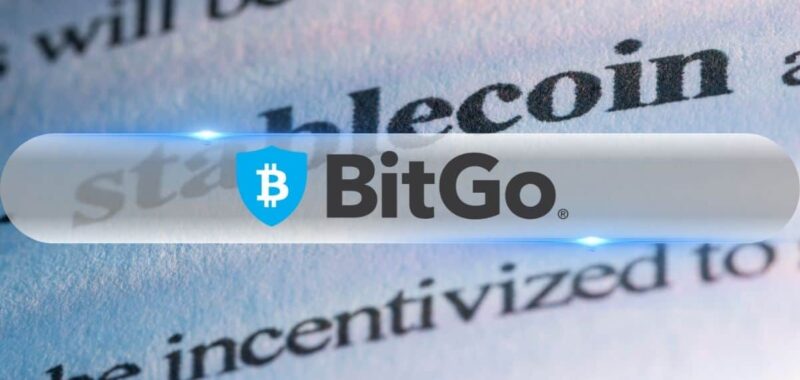Palo Alto-based crypto custody firm BitGo has launched a new stablecoin, USDS, that is set to go live in January 2025.
The company says the stablecoin will be fully backed by U.S. dollars through a mix of short-term Treasury bills, overnight repos, and cash in a bid to ensure liquidity and minimize risk.
New Approach to Stablecoin Rewards
According to a September 18 statement from BitGo, its proposed offering will differ from existing dominant stablecoins like Tether (USDT) and Circle’s USDC by employing an open participation model.
That approach will reportedly allow as much as 98% of earnings generated from USDS’s reserves to go to its network participants, including liquidity providers and institutional exchanges. Traditionally, stablecoin returns have mostly gone to issuers or a limited group of stakeholders.
Furthermore, transparency seems to be a key selling point for USDS. BitGo says it will offer real-time proof of reserves, allowing participants to keep an eye on the assets backing it on the platform’s website.
In addition, third-party accounting firms will audit the reserves every month, a move the company hopes will bolster confidence in the stablecoin’s security.
The company aims to list USDS on major exchanges and is setting a target of reaching $10 billion in assets held within the stablecoin by the end of its first year.
Implications for the Stablecoin Market
While BitGo’s fresh approach may yet pique the interest of users, USDS still faces an uphill task to make any notable impact in the stablecoin space.
For instance, the most recent data from the on-chain analytics platform Token Terminal shows that USDT alone accounts for up to 75% of the stablecoin market. Interestingly, just two years ago, its market share stood at 55%. The stablecoin also boasts a market cap of $118.5 billion, which is about $83 billion more than the second-placed USDC.
Despite recent noises from detractors accusing Tether of being a multi-billion dollar fraud, the stablecoin reportedly made upwards of $400 million in just the last month alone.
On its part, USDC is also trying to grow its footprint across the globe. On September 17, its issuer announced that the stablecoin will now be linked to real-time payment systems in Mexico and Brazil. The move is intended to make USDC more efficient for cross-border transactions and corporate finances in the two countries.

